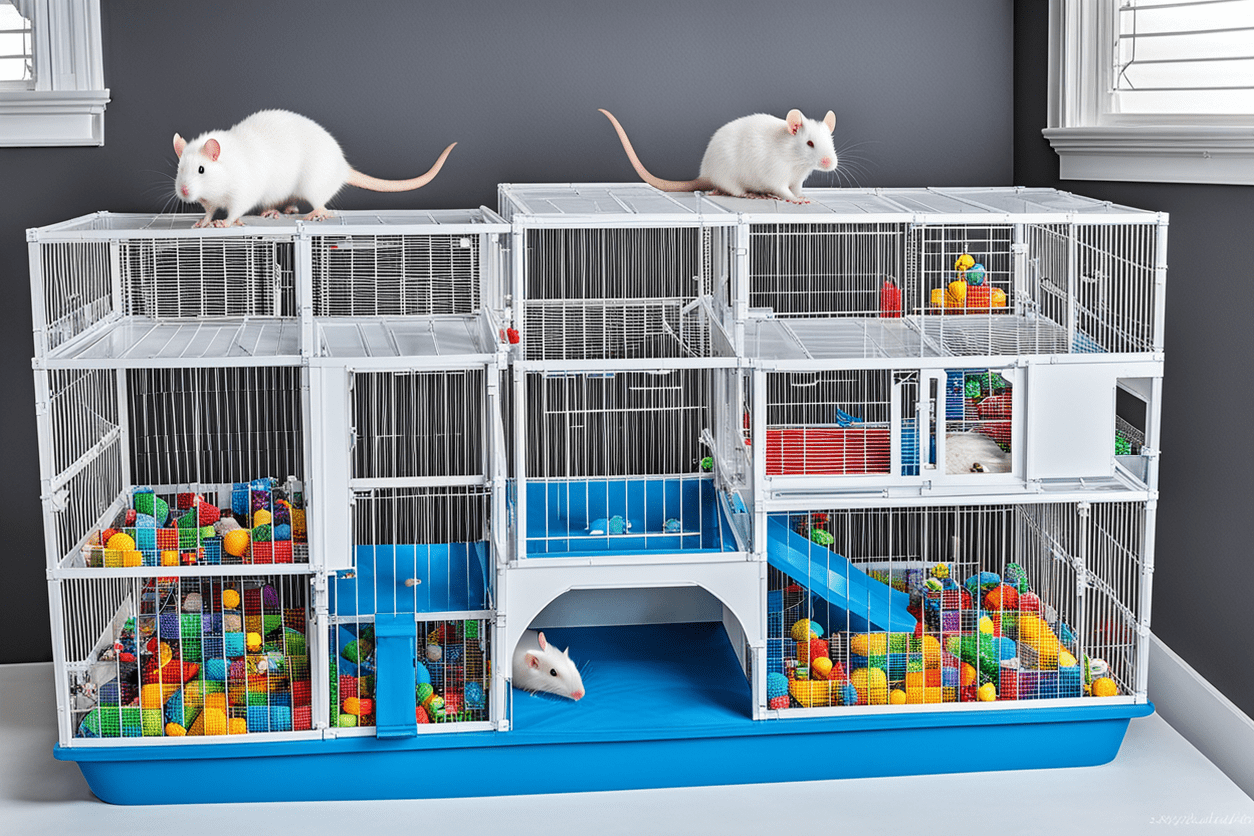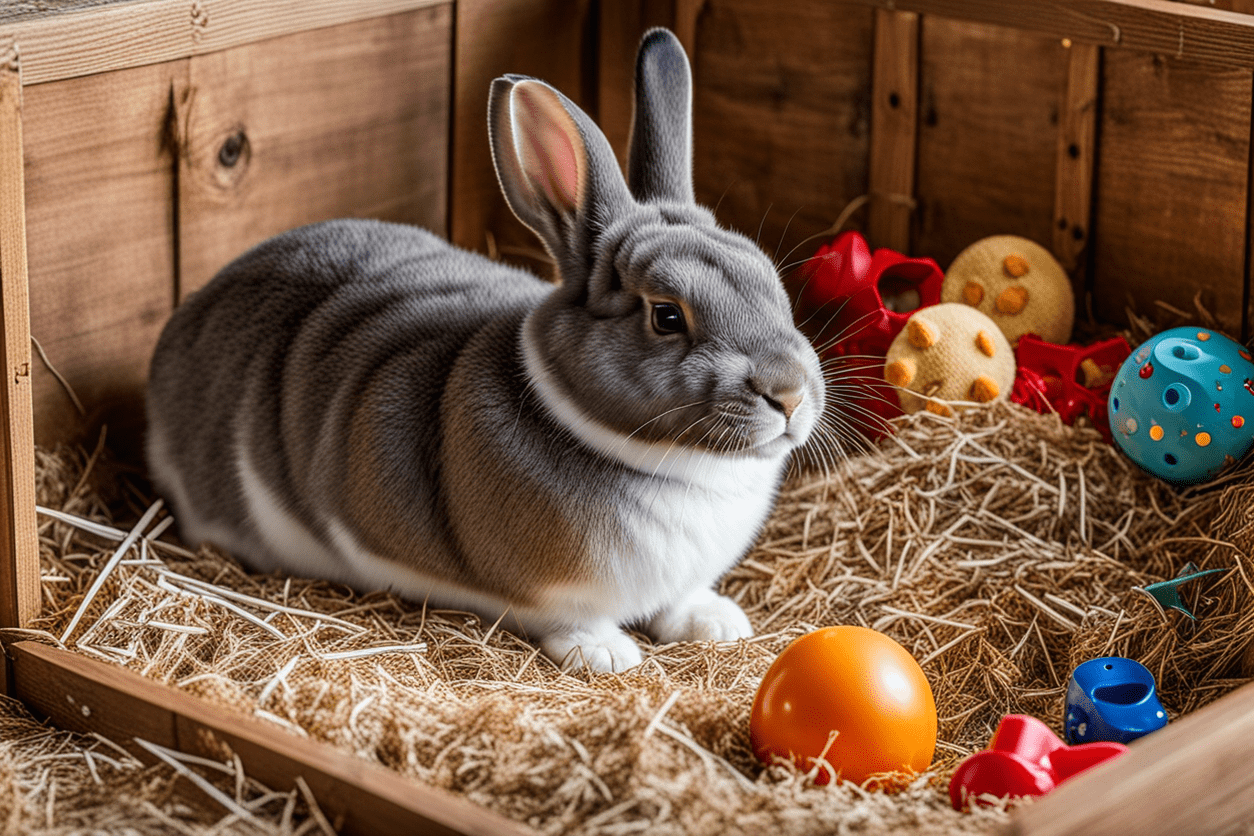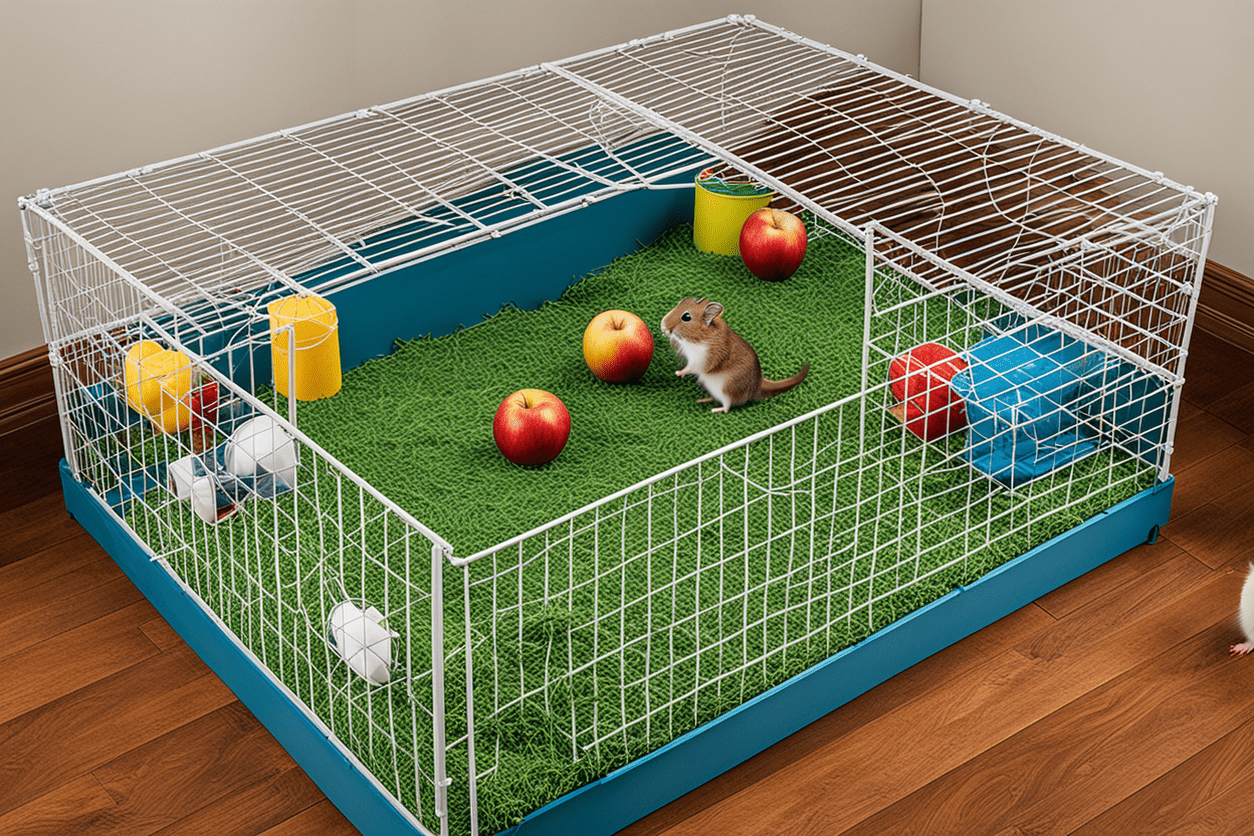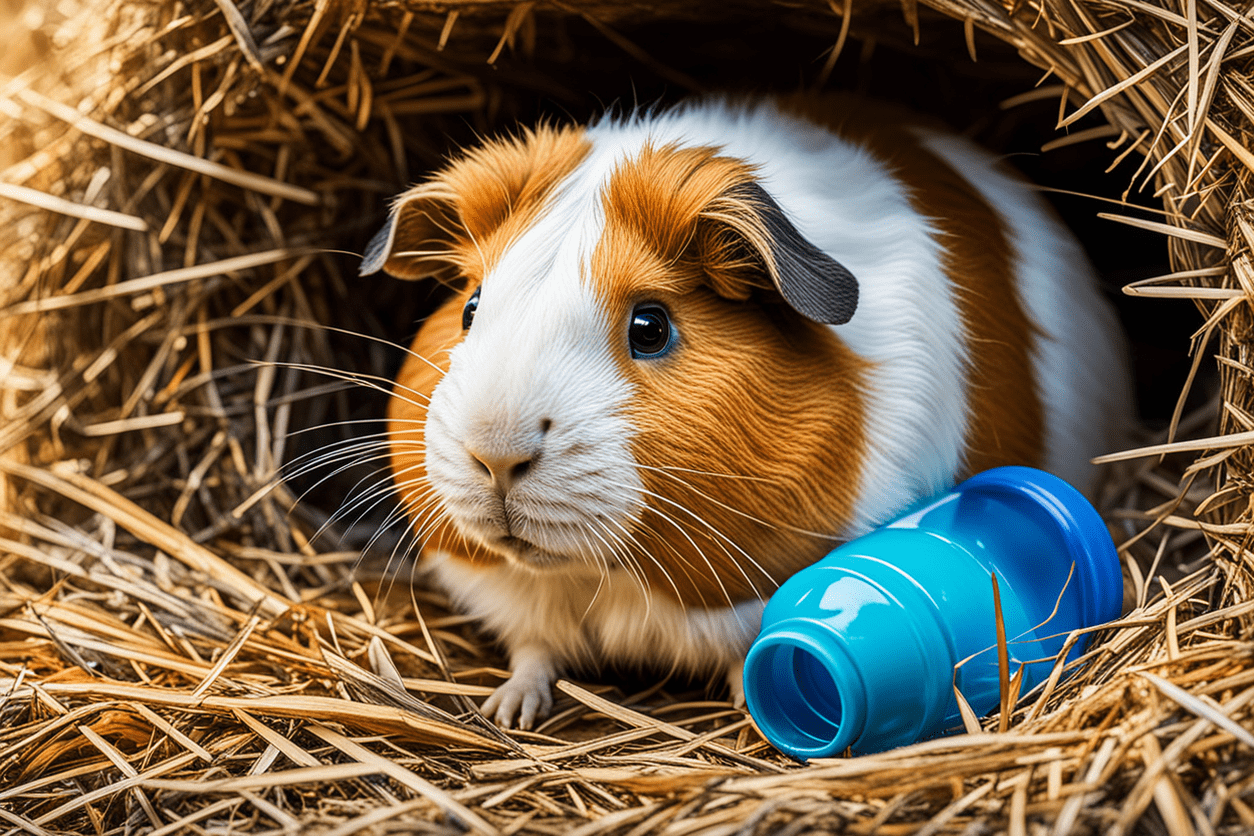A Beginner's Guide to Ferret Care and Maintenance
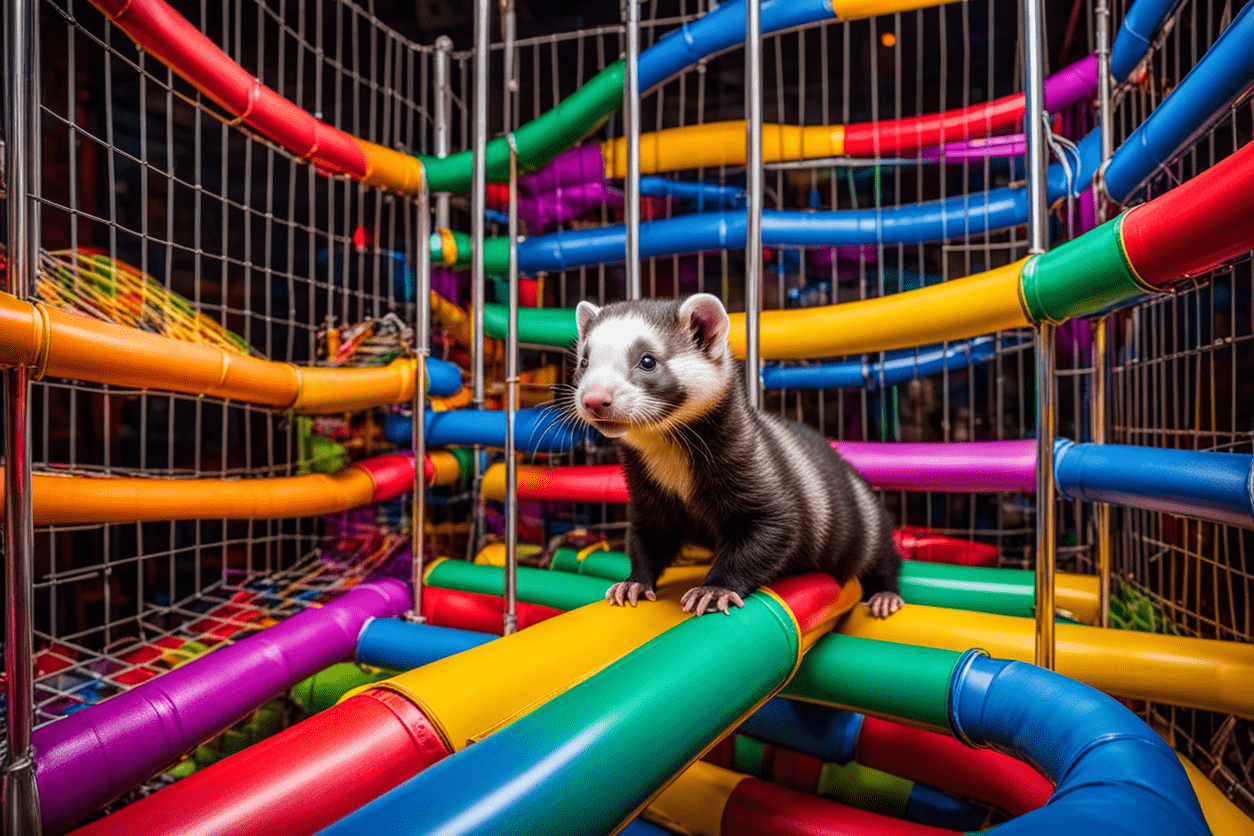
Introduction
Ferrets are charismatic, energetic, and curious animals that can be wonderful companions. However, they have unique needs and characteristics that require special attention. Understanding ferret care is essential to ensure your furry friend lives a happy and healthy life. This guide provides comprehensive insights into the world of ferret care and maintenance, covering everything a new ferret owner should know.
Choosing the Right Ferret
Considerations Before Adoption
Before you bring a ferret home, consider your lifestyle and living arrangements. Ferrets are social animals that need plenty of interaction and care. They can live 6-10 years, so it's a long-term commitment.
Finding a Reputable Source
Adopt from a reputable breeder or a ferret rescue organization. Avoid pet stores that might source from mills.
Housing Your Ferret
Cage Requirements
Ferrets are active and need ample space to play. Opt for a multi-level cage that's at least 18 x 18 x 30 inches. Wire cages with solid bottoms are best, providing ventilation and preventing potential injury.
Comfortable Bedding and Accessories
Use soft bedding materials like fleece blankets. Avoid materials like cedar shavings, which can be harmful. Add hammocks, tunnels, and ferret-safe toys to keep your ferret entertained.
Diet and Nutrition
Ferret’s Nutritional Needs
Ferrets are obligate carnivores, requiring a high-protein, high-fat diet. Provide a diet of high-quality ferret kibble. Avoid dog or cat food, as it typically lacks necessary nutrients.
Treats and Supplements
Use treats sparingly. Dried meat treats and small pieces of cooked meat are good options. Always avoid sugary foods.
Health and Veterinary Care
Regular Check-Ups
Regular veterinary check-ups ensure your ferret stays in tip-top shape. Find a vet experienced with ferrets. Yearly exams are recommended, alongside necessary vaccinations.
Common Health Issues
Adrenal Disease: Symptoms include hair loss and weight loss. Insulinoma: Characterized by low blood sugar, causing lethargy and seizures. Dental Issues: Regularly check your ferret's teeth for plaque and tartar.
Vaccinations and Preventative Care
Ferrets should be vaccinated against rabies and canine distemper. Regular flea and tick prevention is also important.
Grooming and Hygiene
Bathing and Cleaning
Ferrets have a mild musky odor. Bathing should be limited to once a month to avoid stripping essential oils. Use ferret-specific shampoos and ensure thorough rinsing.
Nail and Dental Care
Trim your ferret's nails every few weeks to prevent overgrowth. Dental hygiene is equally important—offer dental chews and brush their teeth regularly.
Socialization and Training
Interaction and Play
Ferrets are social and love interaction. Spend at least 2-3 hours daily playing and bonding with your ferret. Ferret-proof a room for safe, supervised playtime.
Litter Training
Ferrets can be litter trained, but accidents happen. Place litter boxes in their cage and play area. Use pelleted litter instead of clumping types for safety.
Discouraging Bad Behavior
Ferrets may nip or bite. Use time-outs or gentle discipline to discourage bad behavior. Offering toys can redirect their biting tendencies.
Mental Stimulation and Enrichment
Toys and Activities
Ferrets need mental stimulation. Provide puzzle toys, tunnels, and interactive games. Rotate toys to keep things interesting.
Outdoor Exploration
Supervised outdoor time can be beneficial. Use a harness and leash to let your ferret explore safely. Always be vigilant of potential hazards.
Conclusion
Ferrets are delightful pets with quirks that make them unique. Proper care, diet, and interaction are key to ensuring your ferret leads a happy, healthy life. This guide serves as a starting point for new ferret owners. Remember, the joy a ferret brings to your home is immeasurable when they're well-cared for.

